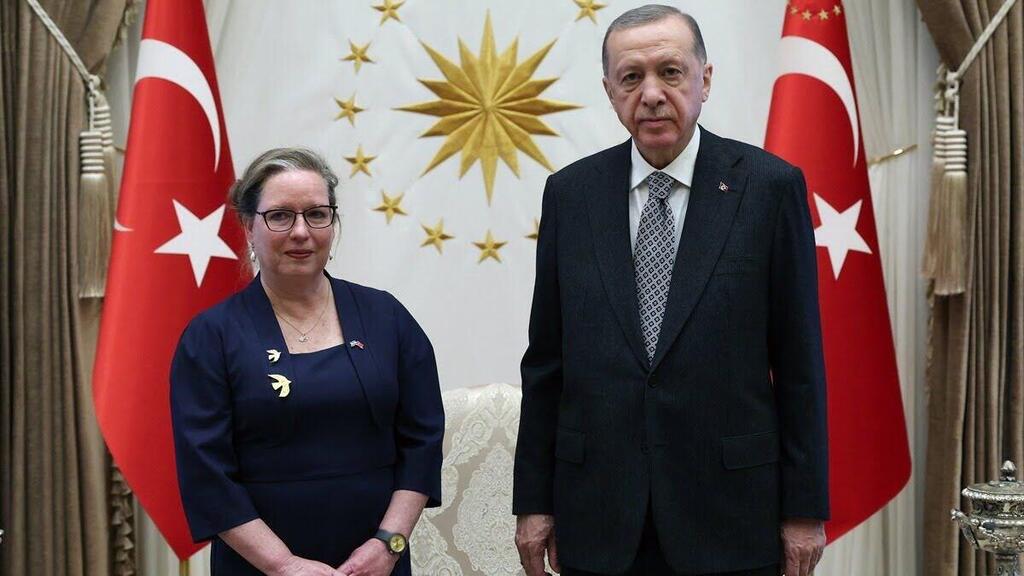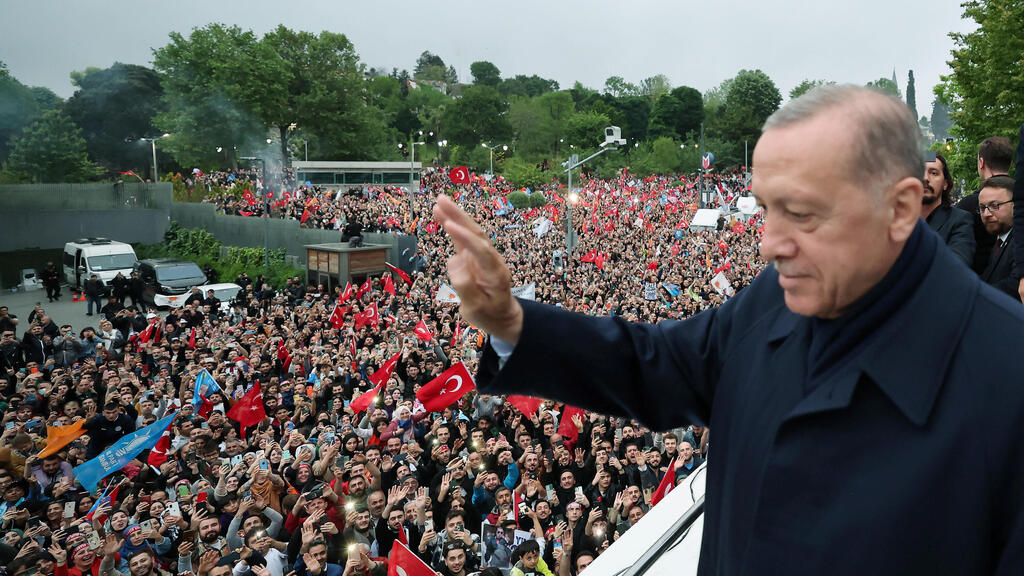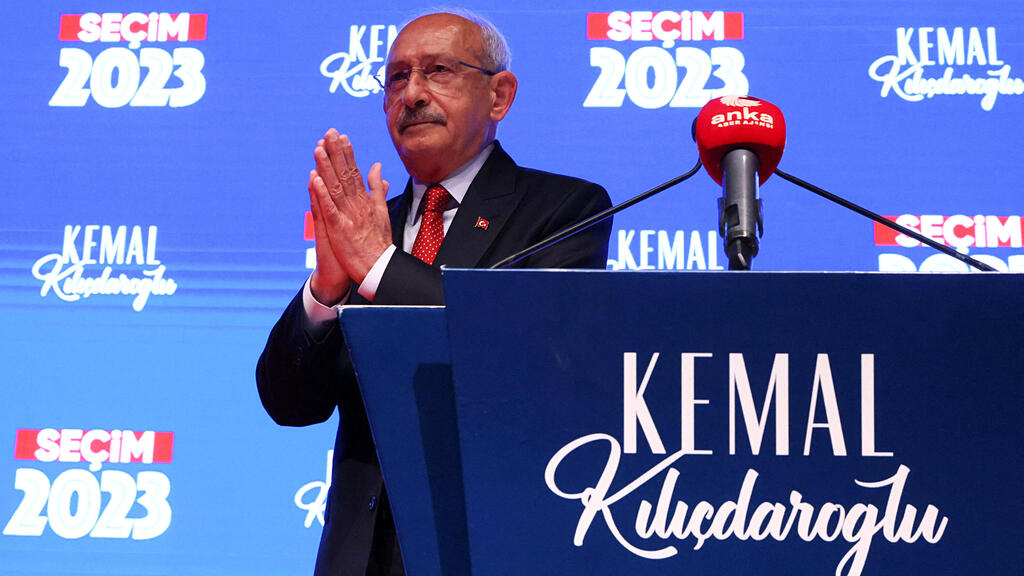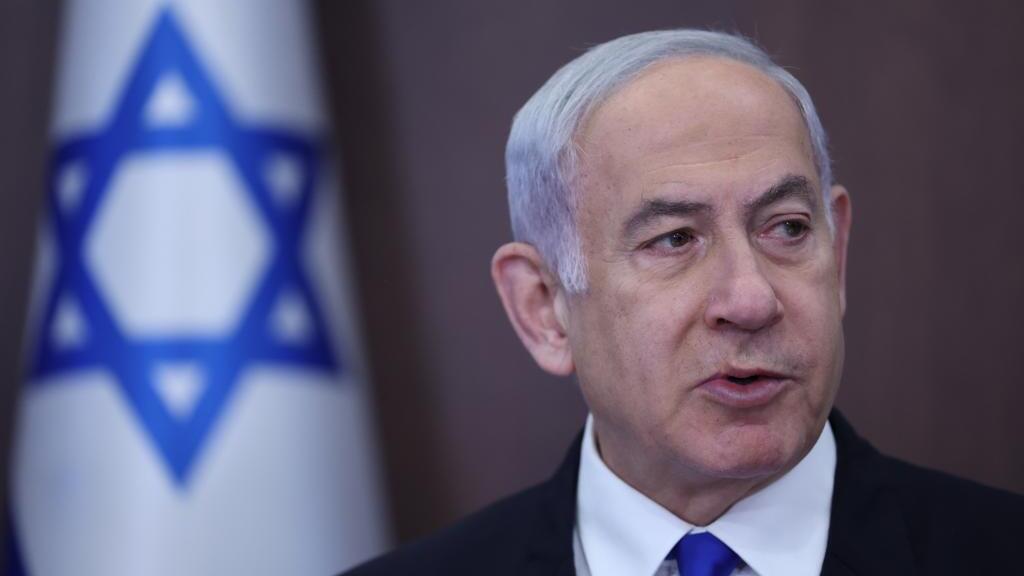Getting your Trinity Audio player ready...
Recep Tayyip Erdogan's victory in the Turkish presidential elections reflects the desire of the majority of Turks for continuity, and this is also how Israel sees the future of relations with Turkey.
Read More
Israeli officials estimate that neither Erdogan nor anyone from his circle is interested in making any changes to what they view as an important political accomplishment - the normalization of relations with Israel.
The elections in Turkey showed that it is a highly polarized country: the population is almost evenly divided between those who support Erdogan and his path and those who belong to the more liberal camp. This was reflected in Erdogan's supporters, who essentially demonstrated that they favored continuity over change.
Regarding Israel, even if the opposition candidate Kemal Kilicdaroglu had been elected, it is highly doubtful that there would have been a drastic change in the relations. In Israel, it was believed that both Erdogan and Kilicdaroglu had an interest in maintaining a good relationship with Jerusalem.
However, Israel does not like the term "normalization," as it believes that this stage is long behind as the two countries have already exchanged ambassadors. The current goal is not to normalize relations but rather cement them.
Despite the renewed relations with Israel, the Turks have not changed their outlook on the Palestinian issue and their closeness to the Palestinians. In the event of a major flareup or where uninvolved individuals or children are killed, the Turks will not think twice before criticizing Israel. Nevertheless, they still have no interest in severing ties, perhaps because they have learned from their past mistakes.
What can each side aim to achieve?
Israel is considered an excellent trade partner for Turkey, and the number of Israeli tourists in Istanbul is increasing. The Turks would be happy to strengthen trade relations with Israel as their economy is thirsty for exports and investors.
From Israel's perspective, there are still many avenues down which the relations with Turkey can go. This could take shape in several ways, for example, in Erdogan paying a visit to Israel, a meeting between Prime Minister Benjamin Netanyahu and the Turkish President, or Netanyahu visiting Turkey after President Herzog broke the ice last year. Netanyahu himself greeted Erdogan on his victory Monday and said, "May the relations between our countries continue to improve."
President Isaac Herzog also spoke with Erdogan and personally congratulated him on his victory. The president's office relayed that Herzog said he looks forward to the continued flourishing of the relations between Israel and Turkey, and that both emphasized the importance of continuing their work together to maintain stability, promote regional peace, deepen cooperation between the countries, and expressed their hopes to meet soon.
Some interesting questions about the makeup of Erdogan's new cabinet now surface after the elections. It is unclear whether the holders of the three major portfolios — foreign affairs, defense and interior — will keep their position in the new government. A new foreign minister would likely visit Israel.
Erdogan's coalition also includes three small parties that are quite problematic from Israel's perspective. First is the Nationalist Movement Party (MHP), an ultranationalist faction that saw its support grow in the latest round of elections. Its representatives have virulently negative views toward Israel. However, it was also a part of the coalition during the rapprochement with Israel, and it clearly didn't have much of a say.
The other two are the Free Cause Party (HÜDA PAR), an Islamist Kurdish faction considered Hezbollah's Turkish branch, and the fundamentalist New Welfare Party led by Fatih Erbakan, the son of Necmettin Erbakan who previously served as prime minister of Turkey and harbors strong animosity toward Israel. The apple, in this case, did not fall far from the tree.
However, Israeli officials should not get too jittery since the constituent parties of the coalition will align with any of Erdogan's decisions, and they can't really express dissenting opinions. Erdogan is the one who sets the tone.
4 View gallery


Israeli Ambassador to Turkey Irit Lillian with Recep Tayyip Erdogan
(Photo: Presidency of the Republic of Turkey
)
'Anti-Iran axis'
"Who would have believed that we could cheer Erdogan's victory and say that it is in Israel's favor?" said Dr. Hay Eytan Cohen Yanarocak, a Turkey expert at the Dayan Center at Tel Aviv University.
"Turkish foreign policy adopts the principle of normalization with all regional actors. We have already experienced two Ramadans, several riots on the Temple Mount, a military operation in Gaza, and business as usual. Only some perfunctory Turkish condemnations."
He added that Erdogan's silence during Israel's last election cycle was another testament to the shift in the Turkish leader's attitude. "This time he chose not to do so although it got have swung some votes in his favor, Yanarocak said.
"The one who expressed support for the Palestinians on the Temple Mount was, in fact, the opposition leader. He criticized Erdogan for normalizing ties, defending them, and being photographed with the commander of the IDF Search and Rescue Unit. Who would have believed it? It may not be easy for him, but it doesn't stem from Israel's charm but rather from his economic weakness. He needs money from the Gulf and must align his foreign policy with the needs of the Abraham Accords."
Another important point highlighted by Yanarocak is the upgrade in Israel-Azerbaijan relations, which is considered very close to Turkey. "The three countries are forming an anti-Iran axis. It is a highly significant development resulting from the normalization of ties with Turkey. Azerbaijan sees itself getting closer to Israel without worrying thanks to the normalization between Israel and Turkey," he said.





